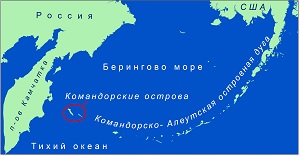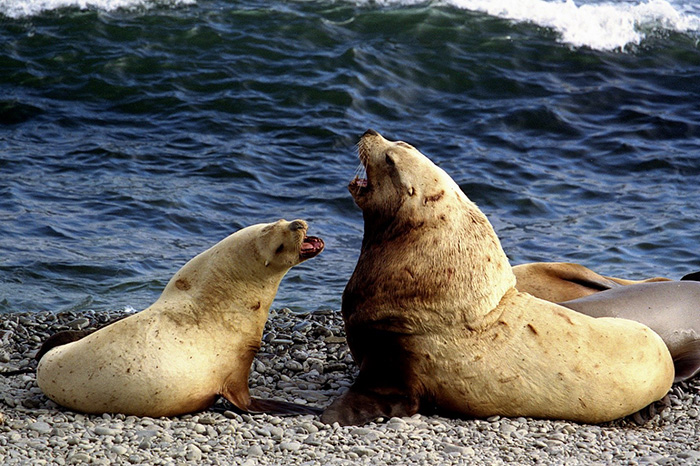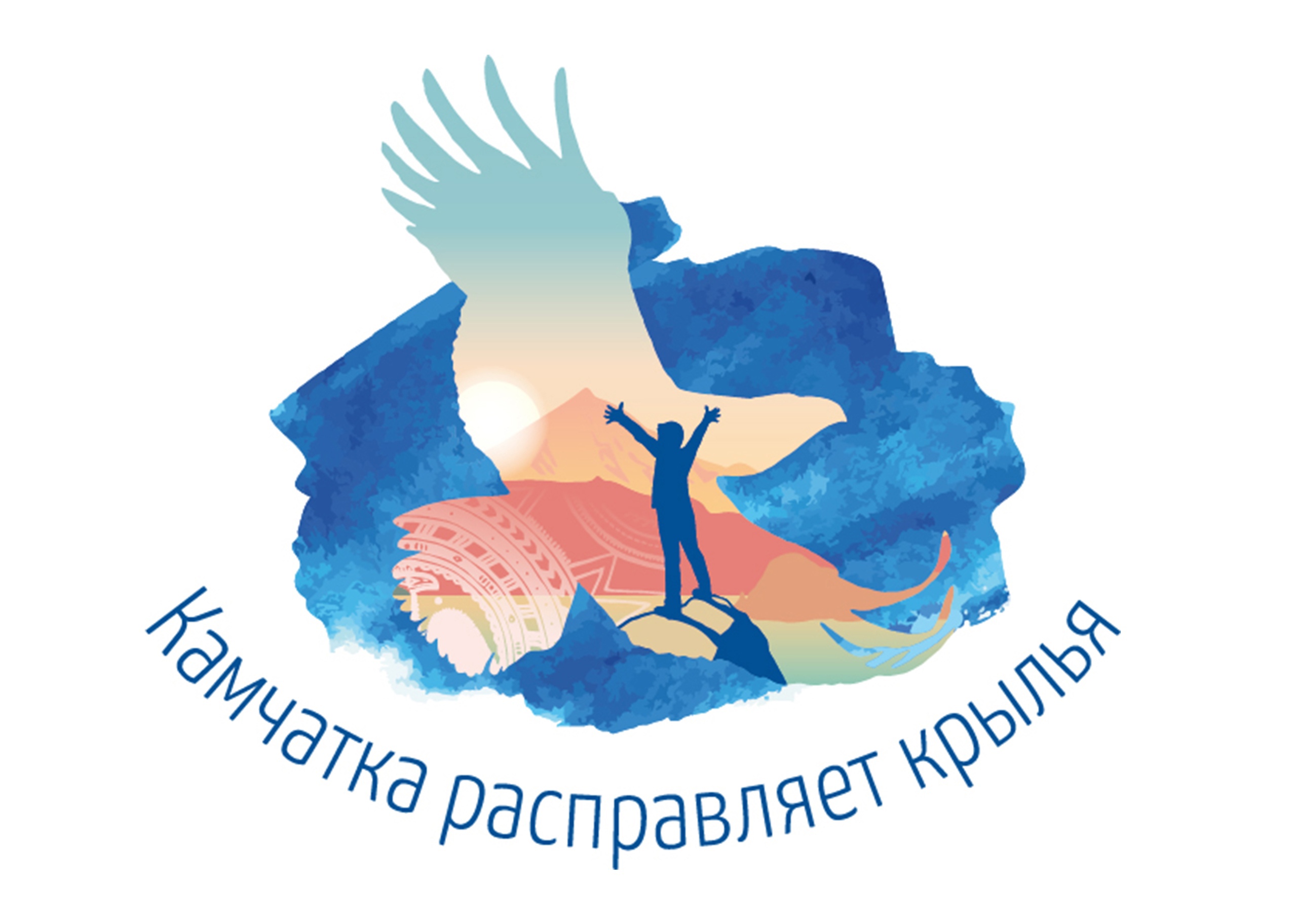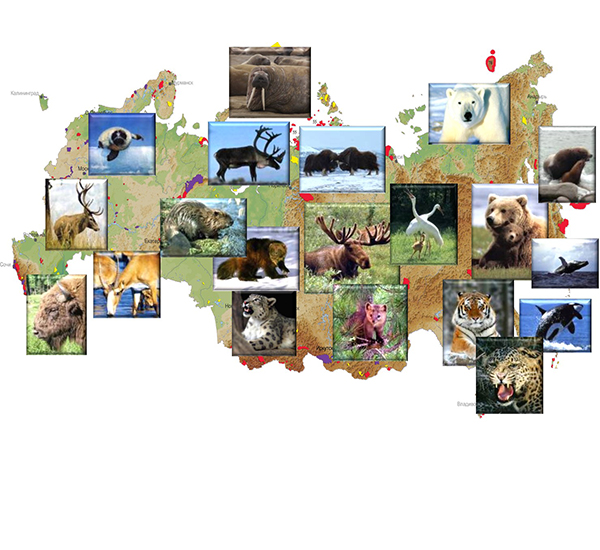On October 12-15, 2017 in Rimouski University (Canada)The 5th International Conference in Arctic Fox Biology took place with over 80 participants from Canada, Sweden, Finland, Iceland, Russia, USA and other countries.
The arctic fox is the center of arctic ecosystems food chains. It can be found in tundra, on marine ice, in the mountains, on islands and even on the North Pole. No wonder, that the arctic fox is very interesting for scientists working on northern ecology, physiology of adaptation for extreme conditions and recently the impact of global climate change on arctic ecosystems. Arctic foxes live in all the countries, which have their territories in the Arctic: Canada, USA, Denmark (including Greenland), Iceland, Norway, Sweden and Russia.
The arctic fox is the symbol of Arctic Counsel – a high-level intergovernmental forum – and is depicted on its logo. That is why every four years the International Conference in Arctic Fox Biology is organized to become the most important forum for scientists, environmentalists, politicians, tourist agencies, students and other people interested in this unique species and its areal.
In the Commander Islands Nature and Biosphere Reserve ecosystem the arctic fox has an important place as well, as it is on the top of both on-land and marine food chains. That is why the reserve pays special attention to the population of this animal. Without doubt the specialists in Commander Islands arctic foxes will never miss the opportunity to take part in such a conference and to share experience with foreign colleagues. On the Conference in Quebec the Commander Islands Reserve was represented by Alexander Shiyenok, Mammalogist and Chief Researcher. He had two poster reports on arctic fox biology on Bering Island, namely on population dynamics and helminthes fauna. Arctic fox population monitoring is a part of Ecological Monitoring Program of the Commander Islands Reserve and the main activity in work with the arctic fox. Monitoring has a goal of ceasing the negative tendencies in time to take efficient measures to make the situation better. A new activity for the reserve is the research of parasitic fauna of the arctic fox. Some of the parasites may cause problems not only to the animal, but also to humans, so the data on arctic fox contamination with helminthes of different species are of special importance. The two reports were met with great interest.
We were not the only one who talked about the Commander Islands arctic fox. Our colleagues from Moscow State University Biology School also reported about the animal. Our reserve has a long history of cooperation with this institution and our researcher Alexander Shiyenok also works as a researcher in Moscow State University. Anton Pletniov spoke about RPS collar tagging of arctic foxes on Bering Island, Anna Rodnikova spoke about individual-oriented population model of Medny Island arctic fox threatened population.
The majority of the reports were consecrated to Canada arctic fox population as Canada was the hosting country. Specialists from Sweden and Norway had a word as well to share their experience of a long-lasting fight to save the critically endangered Scandinavian arctic fox species. Interesting reports were made about the animals in Iceland, on the Pribilof Islands, in Greenland, on Spitsbergen and Yamal.
During the final day of the conference the participants had a tour to Bic National Park on the southern shore of St. Lauren river estuary, where they saw the common seal and picturesque landscapes in bright autumn colors.
As a result of the conference all the participants were united by the necessity to strengthen international cooperation in the sphere of arctic fox research and protection.









